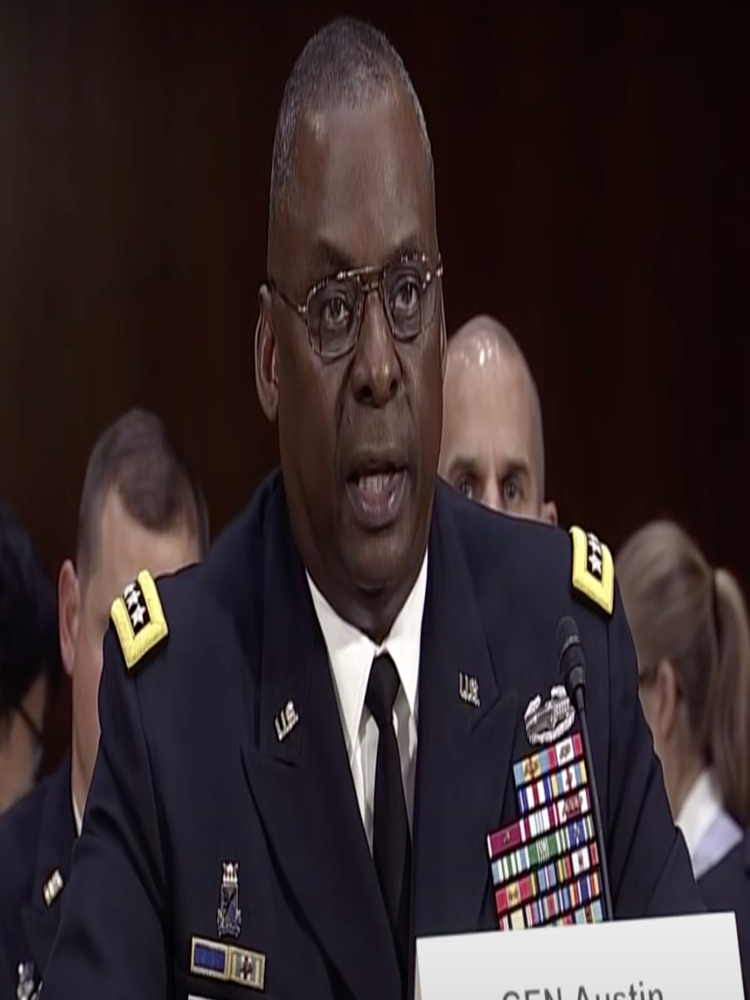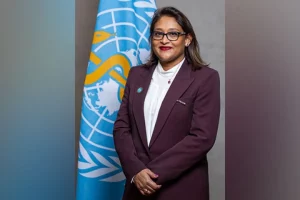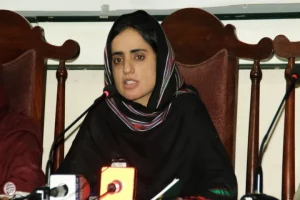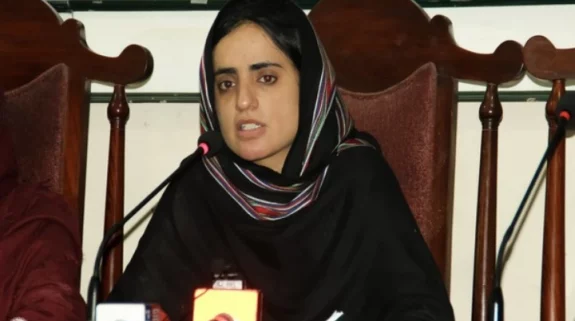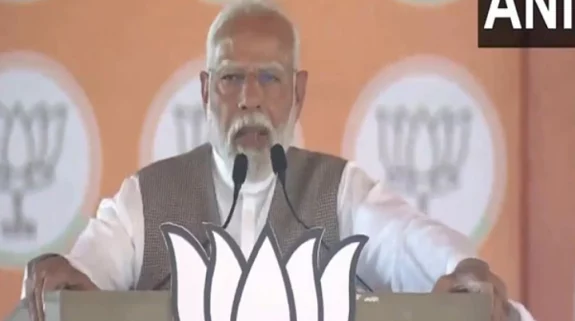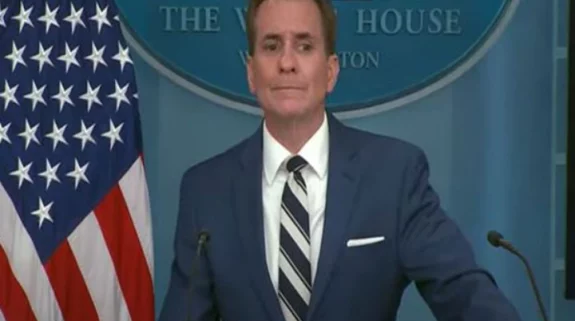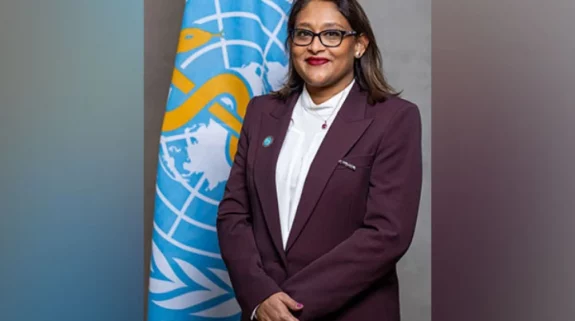Top aides of Biden administration Secretary of defence Lloyd Austin and Secretary of State Antony Blinken have reassured their Japanese counterparts that the US is here to reaffirm its commitment to the alliance and make it stronger.
These assurances were made in the context of China's growing territorial ambitions in the East and South China seas.
The visit of the two American officials to Japan and South Korea is the first by President Joe Biden’s core team. It follows the virtual Quad summit last week of the leaders of the United States, Japan, Australia and India.
Also read: Blinken meets Japanese PM
At the opening of a “2+2” meeting Blinken said he wanted to work with Japan and allies for the denuclearisation of North Korea. The “2+2” meeting was between Blinken, Austin and Japan’s foreign and defence ministers.
"it is no accident that we chose Japan for the first Cabinet level overseas travel" of the Biden administration, and that he and Austin are "here to reaffirm our commitment to the alliance and to build on it,” Blinken said.
Also read:Made-in-India INS Dhruv can track incoming ballistic missiles bolstering Quad
After the meeting Japanese Foreign Minister Toshimitsu Motegi told the media that China was in focus in the talks, and he and Austin agreed that a law that China passed in January allowing its coast guard to fire on foreign vessels was a serious concern. It had escalated tensions in the region. The leaders expressed strong opposition to China’s unilateral attempt to change the status quo in the East and South China seas.
"China uses coercion and aggression to systematically erode autonomy in Hong Kong, undercut democracy in Taiwan, abuse human rights in Xinjiang and Tibet, and assert maritime claims in the South China Sea that violate international law," Blinken told reporters after the meeting, “We are united in the vision of a free and open Indo Pacific region, where countries follow the rules, cooperate, whenever they can, and resolve their differences peacefully, and in particular we will push back if necessary when China uses coercion or aggression to get its way."
Also read:After historic Quad summit, France edges closer to steel the grouping
Japanese foreign minister Motegi asserted that, "We agreed that China's actions that do not conform to the existing international order pose various challenges to the Japan-US alliance and the international community."
China's maritime expansion was high on the agenda, as its vessels have repeatedly entered Japanese territorial waters around the disputed Senkaku Islands (Diaoyu in Chinese) in the East China Sea. Other issues on the agenda include the freedom of navigation in the region, the military coup in Myanmar, and the economy amid the pandemic.
“We believe in democracy, human rights and the rule of law,” but they are under threat in the region, “whether it's Burma or China," Blinken said. He said the United States will work with its allies to help achieve “a shared vision of a free and open Indo-Pacific region."
Blinken and Austin on Wednesday will head to South Korea, with the focus of those talks being North Korea and its nuclear ambitions.






